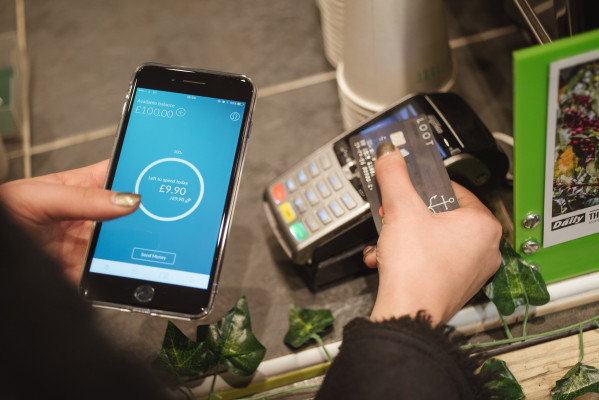Loot, the digital current account aimed at students and millennials, has called in administrators after appearing to have run out of cash. According to sources, the U.K. fintech was unable to raise additional funding in time after a potential sale to banking giant RBS fell through.
Intriguingly, Royal Bank of Scotland Group indirectly owned a 25 percent stake in Loot via an investment by Bó, the digital-only retail bank being developed by RBS subsidiary NatWest. RBS announced that Bó had invested £2 million in Loot in January this year, following an initial investment of £3 million in July 2018.
It was also presumed by many fintech insiders that Loot had been white labelled and was powering the Bó product. Clearly that was never the case, and it now raises questions around why RBS/Natwest would invest in a competitor, only to sees its demise six months later.
Loot’s other investors included Portag3 Ventures (Power Corporation’s corporate VC arm), Austrian VC firm Speedinvest, Rocket Internet’s GFC, and a number of unnamed angel investors and smaller funds.
Founded in 2014 by now 25 year old Ollie Purdue as he was finishing up university, Loot offers a digital-only current account aimed at students and millennials, and has around 250,000 registered accounts. It comes with a Mastercard and mobile app, with a particular focus on spending insights and real-time budgeting. Like a number of competitors in the “neobank” soace, Loot doesn’t have a full banking license and instead operates under an electronic money licence through a partnership with FCA regulated Wirecard.
Meanwhile, sources tell me that Loot’s 60 or so employees were informed this lunchtime. I also understand that efforts by Loot founder Ollie Purdue and others within London’s close-nit fintech community are already underway to safe land as many of those employees as possible, and that around 30 job offers are already in motion.
Loot declined to comment. I’ve reached out to RBS and will update this post if and when I hear back.










